Publications
Articles, publications, books, tools and multimedia features from the U.S. Institute of Peace provide the latest news, analysis, research findings, practitioner guides and reports, all related to the conflict zones and issues that are at the center of the Institute’s work to prevent and reduce violent conflict.
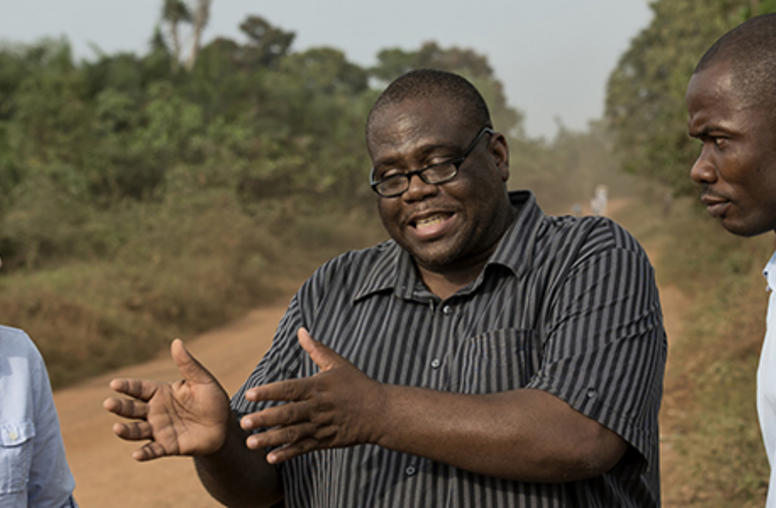
How to Cut Danger—And Accept Risk—in Civilian Missions
The U.S. State Department, searching for the balance between carrying out its missions overseas and minimizing the risk in high-threat environments, has rolled out an array of programs and policies to help diplomats and aid workers in high-threat environments, Deputy Secretary of State Heather Higginbottom said at the U.S. Institute of Peace. She spoke last week, before today’s release of a congressional report from a probe of the 2012 attacks in Benghazi, Libya, that killed four American civ...
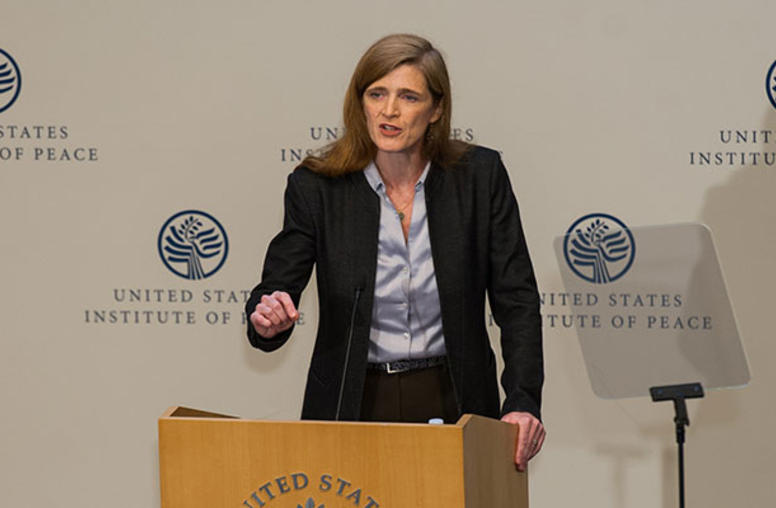
Refugee Crisis Threatens Global Stability, Power Says
United Nations Ambassador Samantha Power called on the international community—including the American public—to step up its response to the greatest refugee crisis since World War II, saying that failure to act may destabilize fragile states, strengthen organized crime and bolster the arguments of violent extremists that the West is at war with Islam.
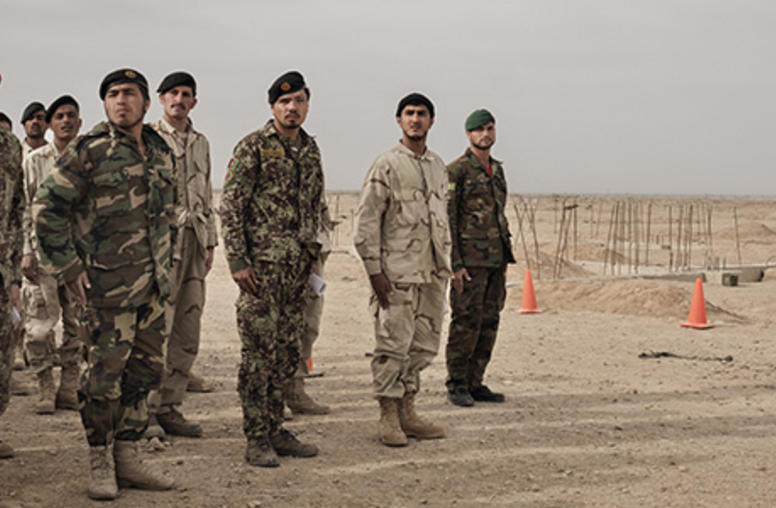
Q&A: Obama’s Troop Decision and Afghanistan’s Stability
Today, President Obama announced that he would extend the presence of roughly 8,400 U.S. troops in Afghanistan through the end of his term in January 2017, revising previous plans to cut force levels to around 5,500 soldiers at the end of the year. Afghanistan will be among the top issues for the NATO Summit of leaders in Warsaw, taking place later this week on July 8-9. USIP Vice President for Asia Programs Andrew Wilder, who recently returned from Afghanistan, discusses the issue of troop n...
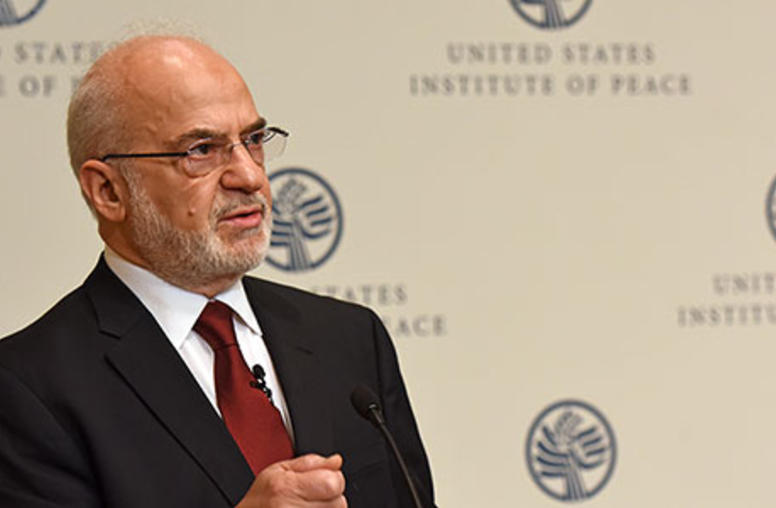
Iraqi Foreign Minister Appeals for Post-ISIS Aid
Iraqi Foreign Minister Ibrahim al-Jaafari and U.S. envoy Brett McGurk today emphasized the urgency of planning and financing Iraq’s recovery from the ISIS onslaught as areas the extremist group had controlled are recaptured more quickly than expected. The two spoke at the U.S. Institute of Peace in advance of an international conference of donors to Iraq convening in Washington tomorrow and a meeting the following day of the global coalition backing the fight.
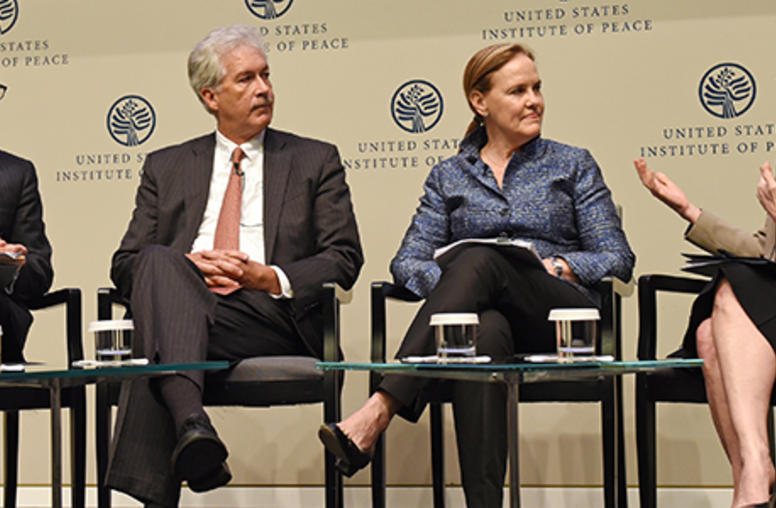
Burns, Flournoy, Lindborg Press Urgency of Fragile States
Three former high-ranking officials in the State Department, the Pentagon and the U.S. Agency for International Development (USAID) urged the next presidential administration to commit more attention and resources to preventing the kinds of violent conflicts that are roiling the Middle East and other regions today and spilling over into neighboring countries, Europe and the United States. Former Deputy Secretary of State Bill Burns, Under Secretary of Defense Michele Flournoy and USAID Assist...
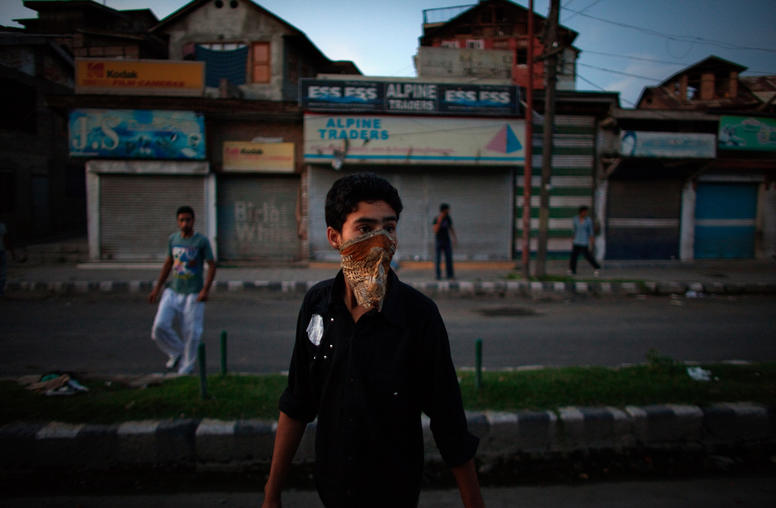
India-Pakistan Needs Trump Administration’s Focus
Relations between India and Pakistan are becoming less predictable as nationalist sentiments in India heighten political pressure there to escalate its response to clashes in the disputed territory of Kashmir, specialists on the two states said. The incoming administration of President-elect Donald Trump should develop clearer U.S. policies to ease strains between the nuclear-armed states, the analysts said at the U.S. Institute of Peace.
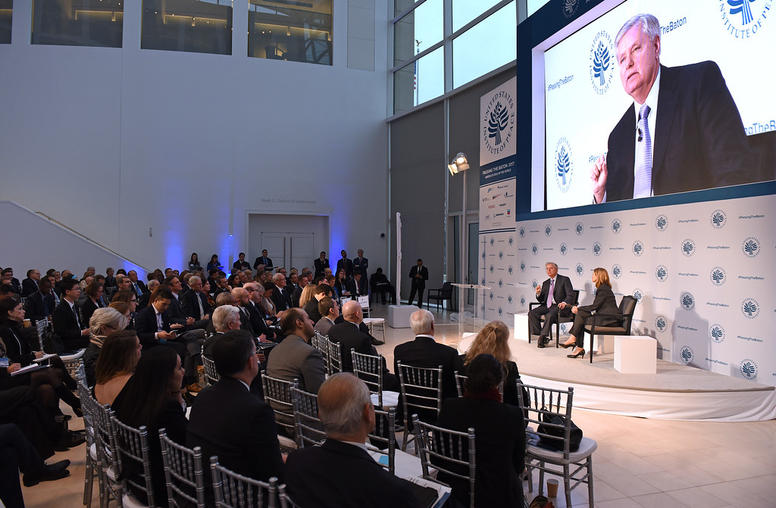
U.S. National Security Chiefs Talk Leadership, Partners
The national security advisors to President Barack Obama and President-elect Donald Trump stood shoulder-to-shoulder on a stage at the U.S. Institute of Peace yesterday and shook hands to a standing ovation at a two-day conference on foreign and national security policy. In speeches, National Security Advisor Susan Rice and her designated successor, retired U.S. Army Lieutenant General Michael Flynn, struck a tone of cooperation on the transition between administrations.
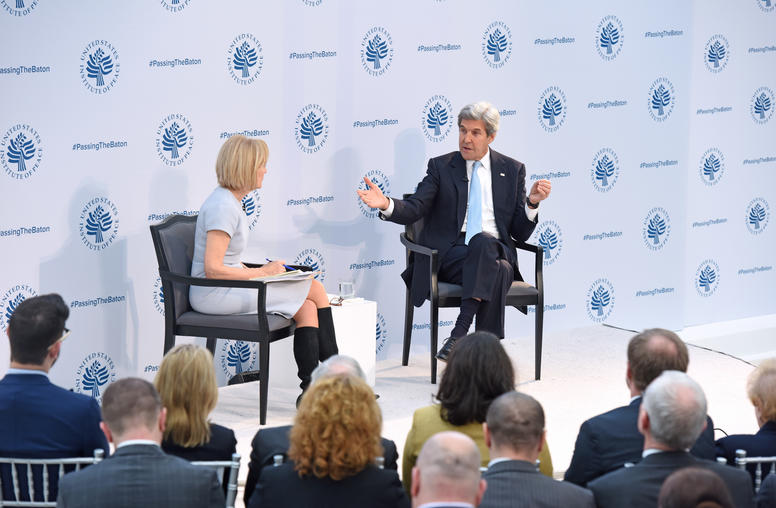
Secretary Kerry Defends Obama Foreign Policy
Secretary of State John Kerry contested what he called “revisionist commentary” about the Obama administration’s foreign policy, laying out a defense of achievements such as a global climate change agreement and the Iran nuclear accord, as part of the U.S. Institute of Peace’s “Passing the Baton” conference on Jan. 10. Kerry also shared his concerns about what he called the “fact-less political environment” and the President-elect’s penchant for communicating foreign policy positions on Twitt...
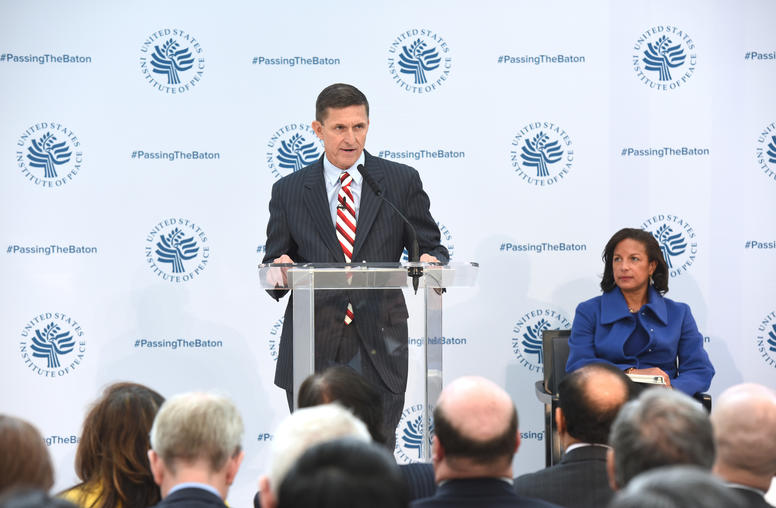
Flynn Thanks Rice, Affirms Value of U.S. Allies
At the center of the “Passing the Baton 2017” conference, National Security Advisor Susan Rice and her successor, Lieutenant General Michael Flynn, exchanged declarations of bipartisan cooperation in their transition—and, to applause, a prolonged handshake. Flynn then laid out a vision for national security policy in the Trump administration in his most extensive public remarks since being named for the position.
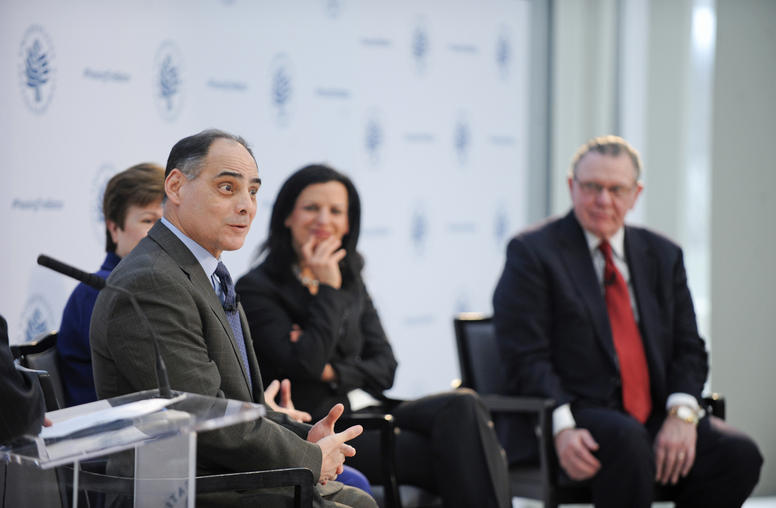
On Security, Expect Surprise, Plan for the Shocks
The next administration is sure to face unforeseen and disruptive crises such as unknown diseases, natural disasters or sudden shifts in the world’s strategic landscape, panelists said at the U.S. Institute of Peace “Passing the Baton” conference on Jan. 10. Where these challenges will arise is uncertain, according to a retired general, a World Bank leader, a homeland security expert and a think-tank scholar. Attempts at forecasting threats are helpful, they said, but most critical is to impr...